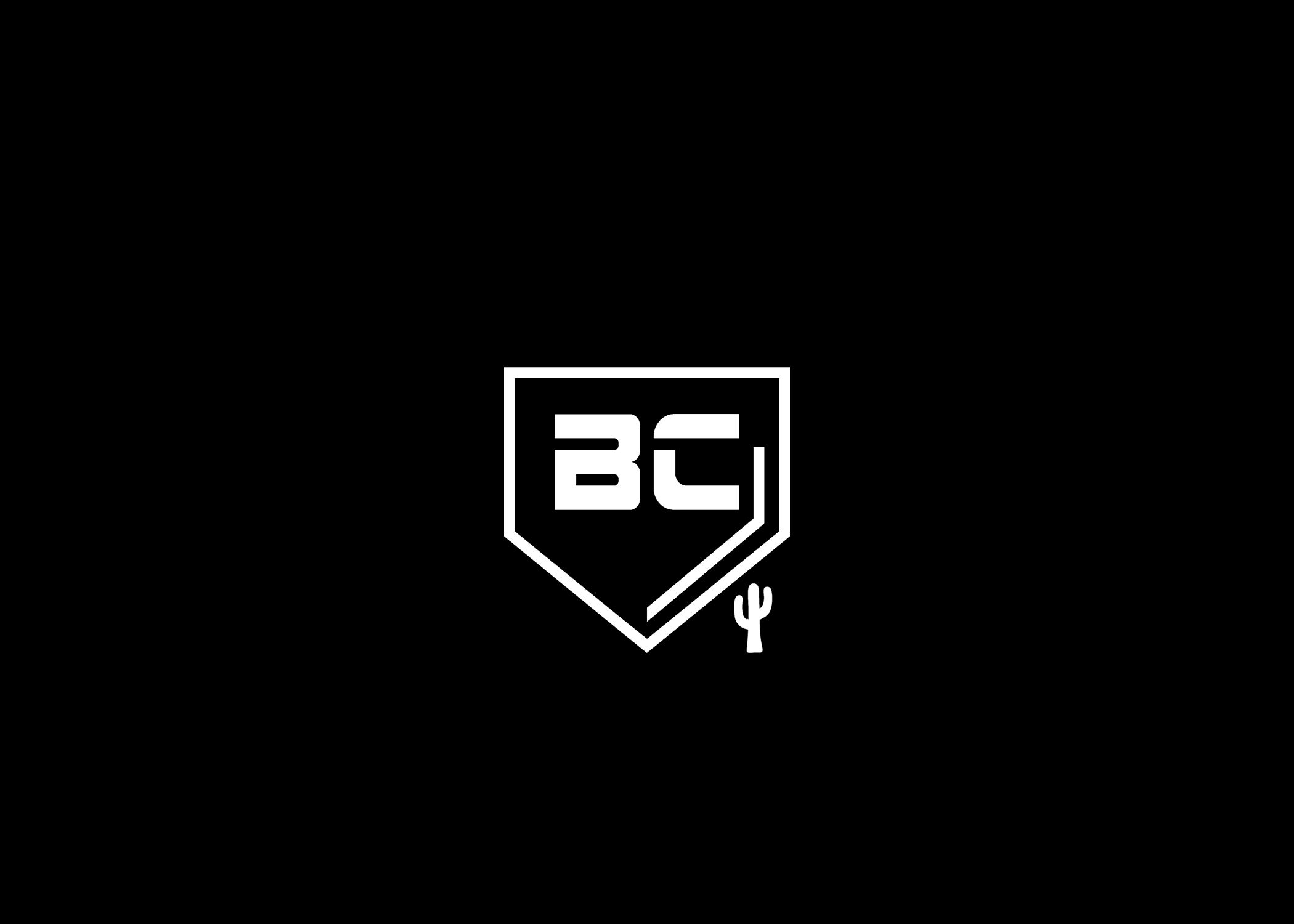Baseball lessons, yes or no?
Should you pay for lessons? Pitching, hitting, catching, fielding are all important areas of baseball that I highly recommend be taught one on one.

I've been giving one-on-one private baseball lessons for just under six years. Over the past half-decade, I've worked with many different kids at all different levels, and I figured I'd share some insights on whether baseball lessons are valuable for your baseball player. Let's start with who baseball lessons are not worth it for.
Save your money
I can tell you one thing for sure about lessons: they're not the place for your kid to try out the sport of baseball for the first time. If you're coming into a baseball lesson for someone to teach your kid how to catch a ball, I promise you, you're in the wrong place. The best way for your child to learn how to catch or throw is at home with either siblings or parents. It doesn't matter if you, as a parent, never played baseball; what does matter is the confidence and comfortability around a child's parents. Catching baseballs is a confidence and coordination combination, nothing more. Don't sign up for lessons thinking that a baseball coach has some magic formula on how to catch a baseball; I promise that all you need to do is play catch with them at home. You'll gain a lifelong fond memory, and you'll be doing the exact same thing any instructor, no matter how good or bad, will be doing with them anyways. Baseball lessons are not the place to learn how to catch a baseball.
Spend Your Money
Hitting Lessons
Hitting lessons are incredibly valuable. Unlike teaching your kid to play some catch, a parent who doesn't know what they're doing cannot teach hitting. Hitting lessons are one of those things that should start pretty early. Twelve years old is the perfect time to start; most kids know if they like the sport at that point or not and are also just old enough to start absorbing information. Most importantly, at a young age, learning how to hit correctly will forever install a pattern into your child that will make them substantially more competent throughout their entire playing career. That's not an exaggeration! One of the toughest things to see as a baseball trainer is a player aged 16-18 coming in for hitting lessons for the first time and realizing they have 6-8 years worth of bad habits that have been reinforced swing after swing. I'm sure there are outliers that have overcome this, but I've never seen it; that's just how hard hitting is.
Pitching Lessons
Learning how to pitch the correct way is worth every dollar. Arm injuries are incredibly prevalent in baseball, and most of those come off the back of players simply not knowing what they're doing. A huge part of the pitching lessons that I personally give is equipping players with the knowledge and understanding of what leads to arm injuries and what preventative measures to take rather than what reactionary responses should be given. Proper ways of throwing offspeed pitches are incredibly important not only for arm safety but also for success on the mound. Finally, the most common question asked with pitching lessons is, "How do I throw harder?" Gaining velocity is a somewhat delicate plan. One of the most important things I'm consistently teaching during pitching lessons is what not to do while trying to gain velocity. Overall, pitching lessons are worth every dollar from a good coach; they not only aid in being successful on the mound but also should provide insightful knowledge on how to take care of your arm.
Fielding Lessons
I believe that fielding lessons are one of the most overlooked categories of lessons that are absolutely worth spending your money on. Defense is a learnable skill and one that most players are expected to be consistent at. The problem with the expectation of consistency on the defensive end is that most players don't really know what they're doing. Believe it or not, there's a right way and a wrong way to go about fielding both ground balls and fly balls. Just because a play gets completed successfully doesn't mean that it was performed correctly. There are tons of drills and tools that are used to help your child become a defensive guarantee, and most players look right past it. Just taking reps at practice is half of the equation; the other half is taking reps the correct way during practice to make sure you're getting the most out of that practice. I highly recommend taking a look at fielding lessons; you will not be disappointed with the results.
Catching Lessons
I'm going to keep this one short. Sign up for catching lessons, preferably with a former catcher. If you've ever been to a baseball game, you know how big a difference it is when one catcher is blocking every ball in the dirt and the opposing catcher is running to the backstop every couple of pitches. Catcher is the second most important position on the field and plays a direct impact on each and every pitch. There's so much that goes into catching, and standing out as a catcher on a baseball field speaks volumes to the talent and hard work it takes to play the position well. I cannot express this enough; catching lessons are a must if you're hoping to play the position at the high school level or beyond.
Interested in baseball lessons ?
Click here to schedule today!
